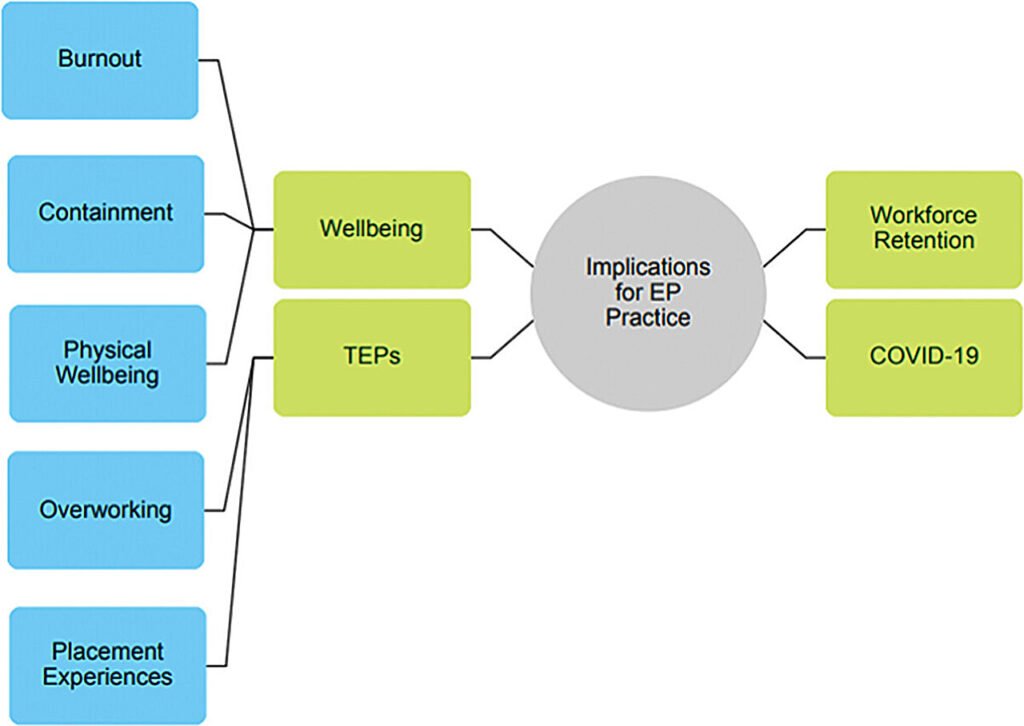Educational psychologists play a crucial role in supporting the mental health and well-being of students in schools. However, a recent survey has revealed that many educational psychologists are experiencing high levels of stress and burnout, which could have detrimental effects on their own mental and physical health.
The survey, conducted in England, found that 72% of educational psychologists reported moderate or high levels of burnout, while 73% reported moderate or high levels of secondary traumatic stress. These high levels of stress are compounded by a number of factors, including a shortage of specialist teachers, long waiting times for assessments for children with special educational needs, and inadequate funding for SEND support in schools.
In addition to these external pressures, educational psychologists also face internal challenges such as a relentless workload, insufficient staffing, and a lack of resources. This has led to feelings of helplessness and frustration among many educational psychologists, particularly in light of the challenges posed by the COVID-19 pandemic.
Despite these challenges, the survey also revealed that the majority of educational psychologists find satisfaction in their work and are happy with their career choice. However, many also reported feeling worn out, overwhelmed, and unable to separate their personal life from their work.
Dr. Carolyn Watson from the University of Exeter, who conducted the research, emphasized the need for urgent action to address the stressors facing educational psychologists. She highlighted the importance of open and honest consultations with educational psychologists to ensure that their expertise is valued and that they feel supported in their roles.
The research by Dr. Watson has been published in the journal “Educational Psychology in Practice” and has received recognition from the British Psychological Society’s Division of Educational and Child Psychology. The University of Exeter, where Dr. Watson is based, has been training educational psychologists for over 50 years and is seeing growing numbers of applicants for their training program.
In conclusion, the findings of this survey highlight the need for greater support and resources for educational psychologists to prevent burnout and ensure the well-being of these essential professionals. By addressing the systemic issues that contribute to stress and burnout, we can create a more sustainable and supportive environment for educational psychologists to thrive in their roles.


